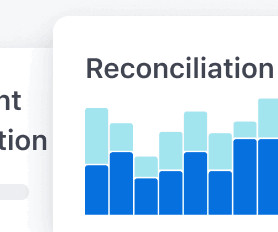5 Benefits of ACH Payments Over Check Payments
Stax
NOVEMBER 11, 2024
ACH payments are more straightforward than how credit card processing works, both on the consumer-facing and business end. These transactions usually process within one to three business days and are most commonly used for payments such as direct deposits for payroll, recurring bill payments, and B2B invoice payments.














Let's personalize your content